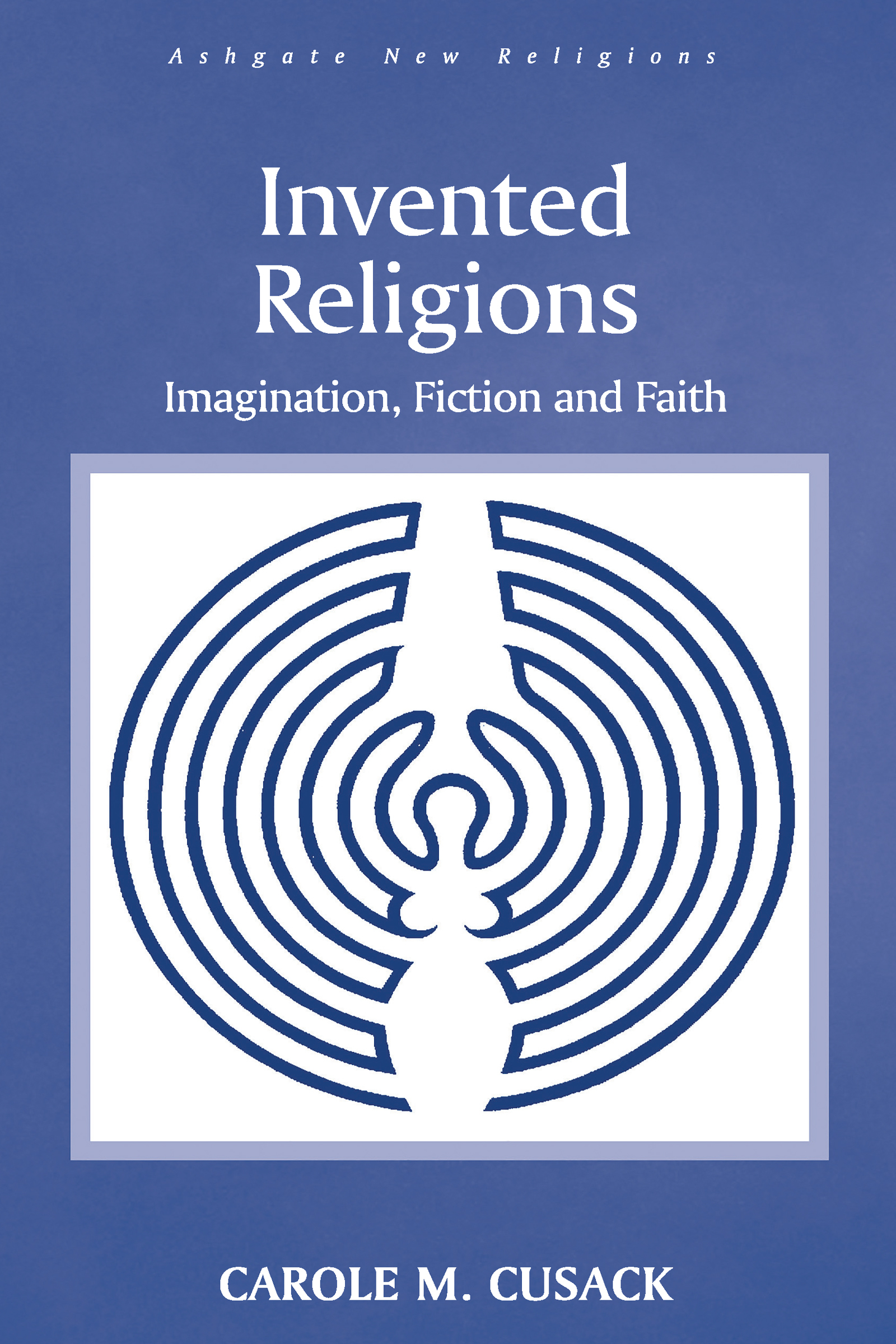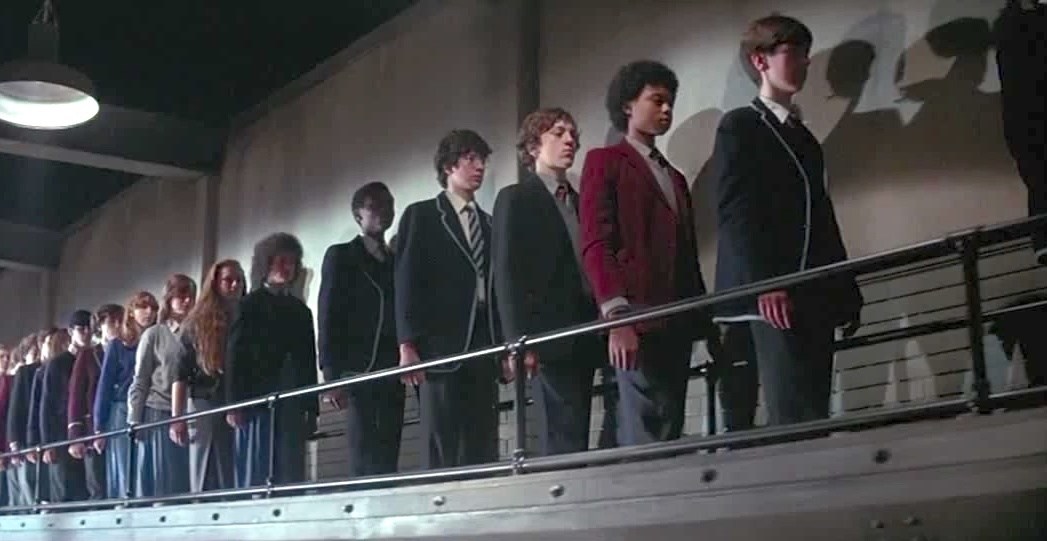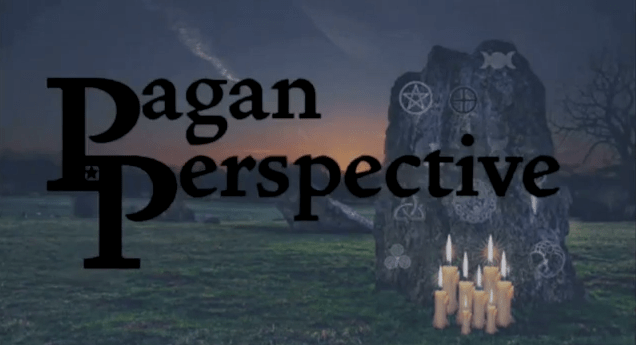What “in the world” is theory?

Despite Meyer’s own resistance to being named a theorist, I argue that her sensational mediation is a form of theory making, one which more students of religion should embrace.
Birgit Meyer’s interview with George Ioannides in the recently released Religious Studies Project podcast (6/30/2014) is a pedagogical tour de force. In this conversation, …
A Response by James Cox to Bjørn Ola Tafjord on the Classification ‘Indigenous Religions’

By defining Indigenous Religions as focused primarily on ancestors and as rooted in location, I have restricted the term in a way that then opens up wide permutations of ancestral and localised traditions as they are affected by modernity, globalisation, travel and mass communication, including indigenous people living in diaspora…
Religious Artefacts of the Contemporary World

“through examining [religions’] cultural products we come to notice the different kinds of relationships that exist between how these products are portrayed and intended by their creators, and how they actually go on to be perceived and experienced in wider society.”
The Religious Studies Project’s interview with Professor Carole M. Cusack of the University of Sydney covers an ambitious range of issues by tackling some huge open-ended questions:
Titus Hjelm on Marxist Approaches to the Study of Religions

“The foundation of irreligious criticism is: Man makes religion, religion does not make man. Religion is indeed the self-consciousness and self-esteem of man who has either not yet won through to himself or has already lost himself again. But man is no abstract being squatting outside the world. Man is the world of man, state, society. This state and this society produce religion, …
What should we do with the study of new religions?

In the interview with Professor Eileen Barker, three broad themes are brought up. First, the definitions of ’new religious movement’ and ’cult’ are given a brief consideration. After this, Barker introduces the Inform network and its activities in distributing information and making the results of scientific research concerning new religious movements available to society at large.
Invented Religions

What is an “Invented Religion”? Why should scholars take these religions seriously? What makes these “inventions” different from the revelations in other religions? What happens when an author does not want their story to become a religious text?
You can also download this interview, and subscribe to receive our weekly podcast, on iTunes.
RE Commission report: A Way Forward?

At a recent RE research and policy conference #2020RE, Dr Wendy Dossett had the opportunity to chat with two of the Commissioners and authors of the Religion and Worldviews report, Dr Joyce Miller and Prof Eleanor Nesbitt, along with Religious Education sociologist (and convener of SOCREL), Céline Benoit. Their conversation ranged over some of the following issues: the rationale for the move from calling the subject ‘Religious Education’ to ‘Religion and Worldviews’; the inadequacy for the classroom of a world religions approach; the degree to which faith communities are entitled to influence what gets taught in schools; and the anomaly of the so-called withdrawal clause.
Editors’ Picks, Summer 2018: Critiquing the Axial Age

In the first of our summer “Editors’ Picks”, Chris Cotter flags up an important interview, in which Jack Tsonis “demonstrates how the term ‘Axial Age’ shares much in common with the notion of ‘World Religions’ in that both – to quote the subtitle to Tomoko Masuzawa’s seminal work – preserve ‘European universalism […] in the language of pluralism’.”
Pagan Scholarship from a Pagan Perspective

Religious identifications that are alternative to the major world religions are relatively new to census questionnaires. However, there is a stark difference between the available options on religious identity in the 2012 US Census than there are in the 2011 UK Census.Ethan Doyle White, a PhD student in Anthropology of Religion at University College London, recently discussed his research into his 2015 book Wicca: History, Belief, and Community in Modern Pagan Witchcraft.
Religion and Film

The interview explores S. Brent Plate’s personal research journey into this relatively young field, charting the history of the field in the process. Discussion then turns to the key terms involved… what are we meaning by “religion and film”? The relationship of established “world religions” to cinema? Religion/s on Film? Documentaries?
Religious Studies and the Paranormal, Part 1

In October 2013, a four day international conference was held at the Esalen Institute in Big Sur, California, on the theme of ‘Anthropology and the Paranormal’. This special two part episode explores some aspects of the sometimes fraught relationship between “paranormal” events and beliefs (The World Religions”)…
Religious Studies Project Opportunities Digest – July 17, 2024

Welcome to the Religious Studies Project Opportunities Digest! This week, you will find 23 new job opportunities, 7 fellowships, 3 grants, 1 award, 9 call for papers, and 7 conferences/speakers. Everyone at RSP says thank you to all who have generously supported the RSP through our Patreon and PayPal donation options! Our goal is to have 100 patrons (currently […]
Reflections on “Thinking with Jonathan Z. Smith” [transcript]
Podcast with Aaron W. Hughes (11 November 2019). Interviewed by Andie Alexander Transcribed by Helen Bradstock (and edited by Andie Alexander) Audio and transcript available at: https://www.religiousstudiesproject.com/podcast/reflections-on-thinking-with-jonathan-z-smith/ KEYWORDS Discourse, Identity, Jonathan Z. Smith, pedagogy, study of religion, translation Andie Alexander (AA) 00:00 Welcome to The Religious Studies Project. I’m Andie Alexander, and joining me today […]
Religious Studies Project Opportunities Digest – December 20, 2023

Welcome to the Religious Studies Project Opportunities Digest! This week you will find 27 new job opportunities, 11 fellowships, 1 grant, 2 awards, 11 calls for papers, and 4 conferences/speakers. Everyone at RSP says thank you to all who have generously supported the RSP through our Patreon and PayPal donation options! Our goal is to have 100 patrons (currently […]
Religious Studies Project Digest – May 31, 2023

Welcome to the Religious Studies Opportunities Digest! This week you will find 15 new job opportunities, 1 Fellowship, 8 Call for Papers, 5 upcoming conferences/speakers, and 1 other event/submission. Everyone at RSP says thank you to all who have generously supported the RSP through our Patreon and PayPal donation options! Our goal is to have 100 patrons (currently at […]
